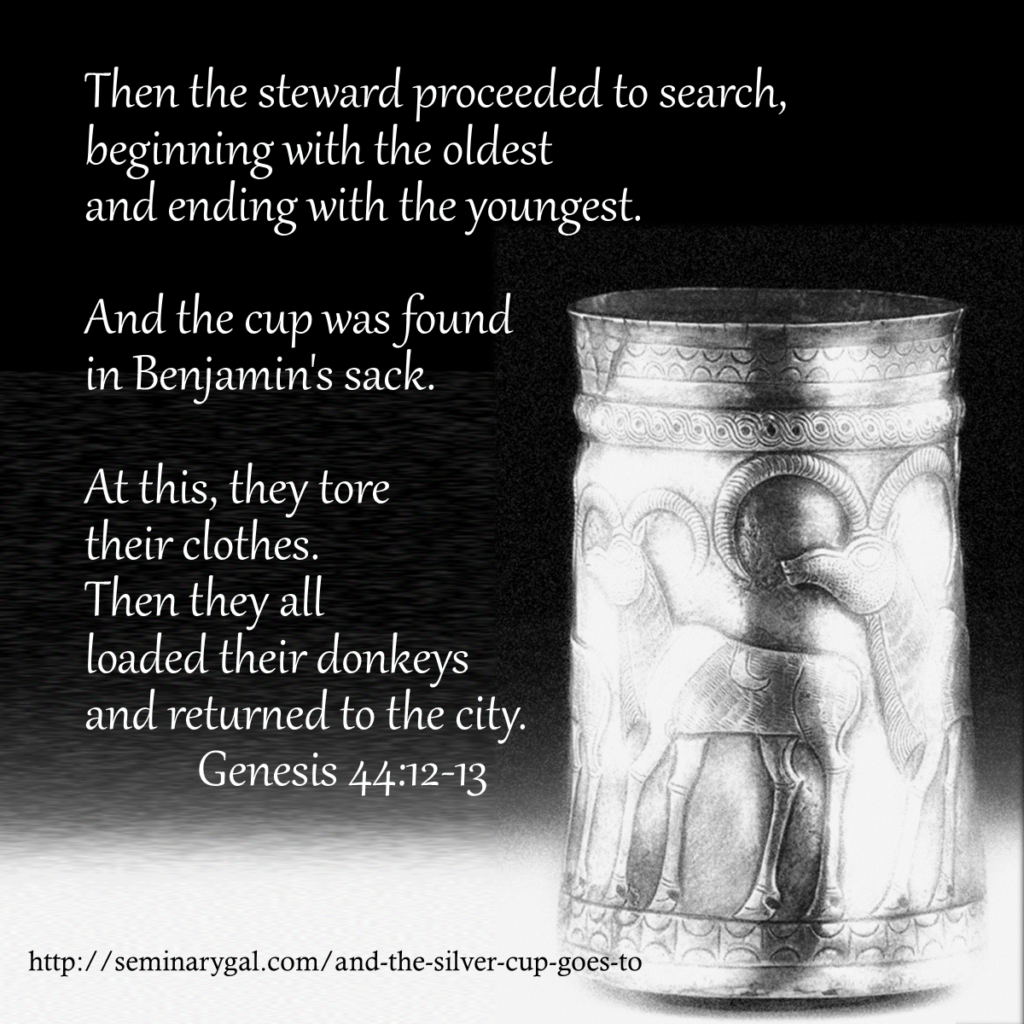Genesis 45:4 Then Joseph said to his brothers, “Come close to me.” When they had done so, he said, “I am your brother Joseph, the one you sold into Egypt!
As we continue our look at Joseph: A Life with Many Colors, his revelation and proclamation probably wouldn’t have been reassuring for the brothers to hear. He remembered that they had sold their own brother into Egypt. But to see Joseph’s true character, they needed to know he had not forgotten, but had done something much better. He had forgiven… completely.
Joseph realized that the brothers may have done the selling, but God did the sending because He had been planning ahead.
Genesis 45:5 And now, do not be distressed and do not be angry with yourselves for selling me here, because it was to save lives that God sent me ahead of you. 6 For two years now there has been famine in the land, and for the next five years there will be no plowing and reaping. 7 But God sent me ahead of you to preserve for you a remnant on earth and to save your lives by a great deliverance.
Joseph never saw that plan when the Midianites dragged him away to Egypt. He could only wonder Why? Joseph had no inkling when he was diligently working for Potiphar and Potiphar’s wife was hitting on him, begging him to sleep with her. Why did she have to ruin a good working situation and lie about him? Joseph could not have foreseen how the unjust imprisonment factored in. Joseph’s question, “Why?” must have echoed off empty prison walls. But, in each of those moments, the very same God was at work.

Genesis 45:8 “So then, it was not you who sent me here, but God. He made me father to Pharaoh, lord of his entire household and ruler of all Egypt.
The brothers needed to share the good news of what God had done.
Genesis 45:9 Now hurry back to my father and say to him, ‘This is what your son Joseph says: God has made me lord of all Egypt. Come down to me; don’t delay.10 You shall live in the region of Goshen and be near me– you, your children and grandchildren, your flocks and herds, and all you have. 11 I will provide for you there, because five years of famine are still to come. Otherwise you and your household and all who belong to you will become destitute.’12 “You can see for yourselves, and so can my brother Benjamin, that it is really I who am speaking to you. 13 Tell my father about all the honor accorded me in Egypt and about everything you have seen. And bring my father down here quickly.”
Think about it:
- Did Joseph know in his darkest hours that God had glory planned?
- Did Jacob know when he sent his one beloved son, worrying he’d be lost too, that he’d receive both beloved sons back?
- How did Joseph’s claim that God sent him ahead serve to reassure his brothers?
- How does this much later Scripture apply? Romans 8: 28 “And we know that in all things God works for the good of those who love him, who have been called according to his purpose.” How does God’s advance planning make that possible?








